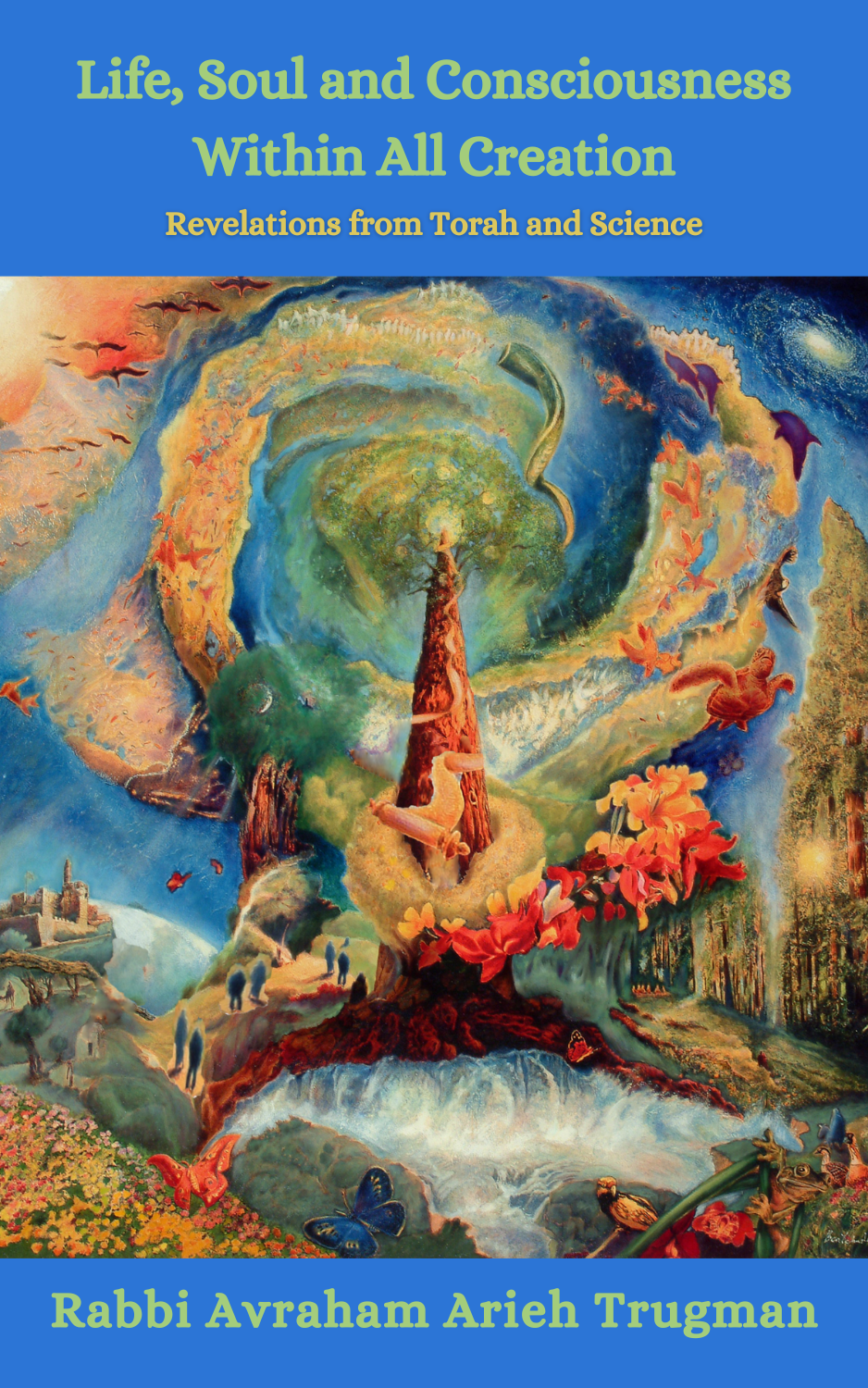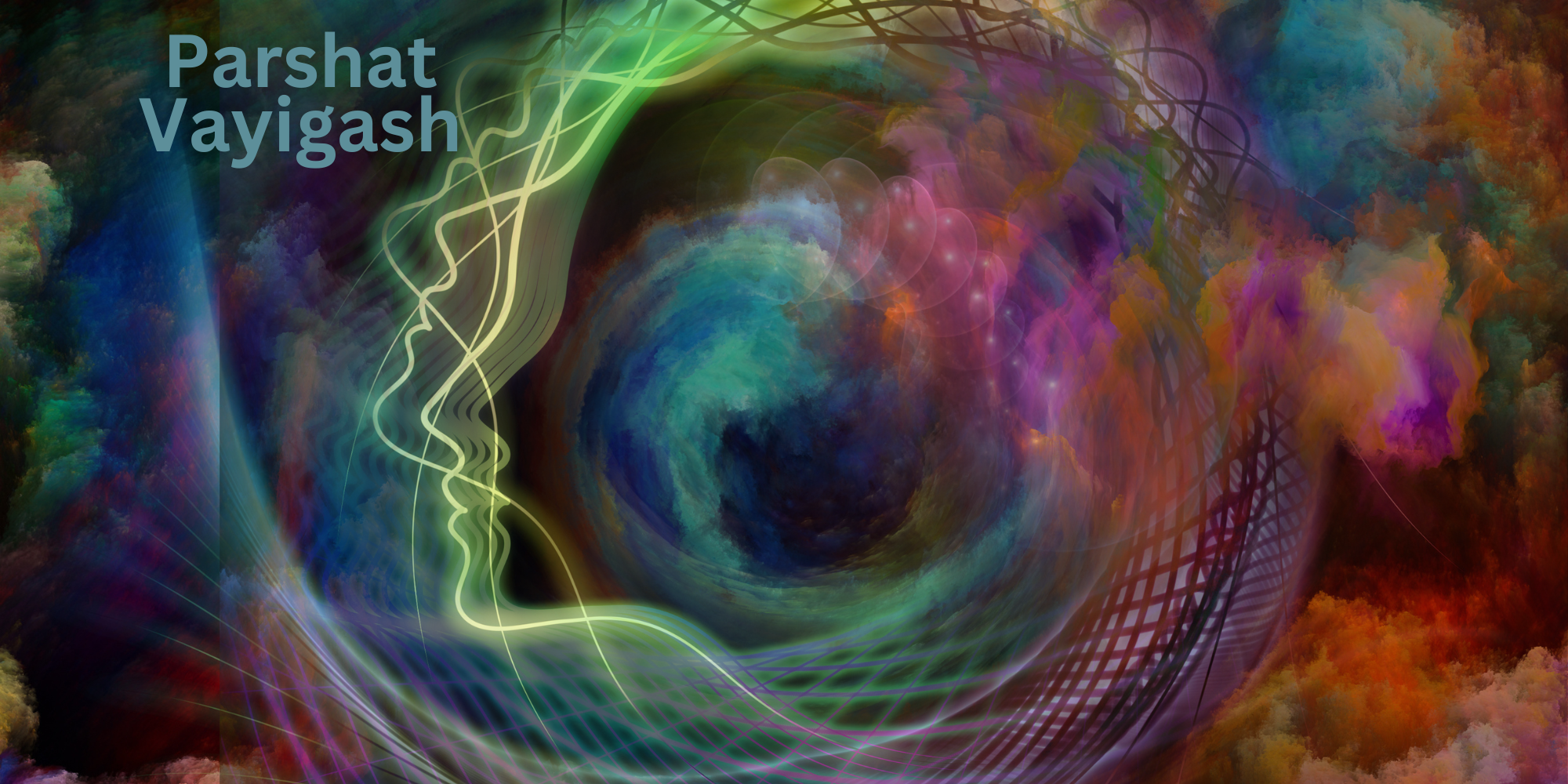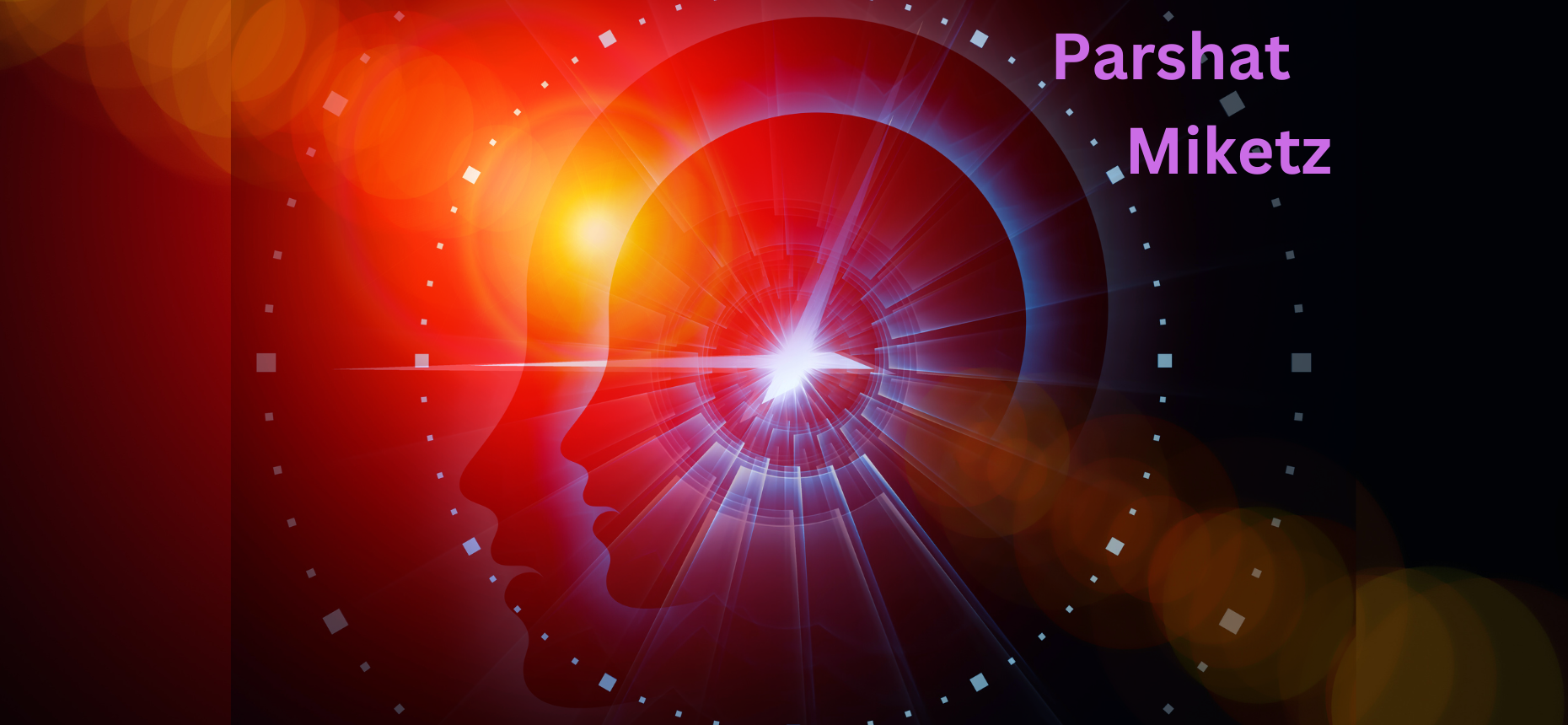The portion of Mishpatim begins with the following verse: “And these are the ordinances (mishpatim) that you shall place before them” (Exodus 21:1). The Midrash’s commentary on this verse, cited by Rashi, exemplifies the careful attention the Rabbis paid to every word in the Torah and the illumination they gained from doing so. In my estimation, one of Rashi’s most important insights on the Torah was written to explain the words, “that you shall place before them”:
God said to Moses: “Do not think that [it will be sufficient for] you to teach them the laws two or three times until they have memorized them and then you will not have to bother to explain the deeper reasons and explanations to them. This is why it is written, ‘you shall place before them’ – like a set table before a person, fully ready for dining.”
In other words, it is not enough to teach people what to do without explaining the deeper reasons and ideas contained in the Torah’s laws. This may seem obvious and self evident, but unfortunately in the last few generations the vast majority of Jews were taught in a way that barely explained what the Torah teaches let alone the Torah’s reasons and deeper explanations. Rashi’s insight clearly provides incentive and impetus for both teaching and immersing one’s self in revealing the Torah’s many layers of meaning, a goal which can be accomplished by adopting the PaRDeS system of learning. When young people are taught in such a superficial manner, they usually conclude that the Torah has nothing to say to them as individuals and that the Torah has nothing to contribute to contemporary society. In a technological and communications driven world how can Torah be seen as relevant when it is presented one-dimensionally, devoid of its deeper meanings and wisdom? How can it speak to every sector of modern life when its surface wisdom is barely scratched?
Furthermore, the Jew longs for spiritual content and those teachings that will connect him or her to God and the essence of the soul. Human beings seek purpose, relevance, and direction, and when it is not found close to home, they either seek it elsewhere or give up the search altogether. Even those raised religiously can be turned off with a rote, uninspired presentation of the Torah. The Hebrew word Rashi uses to denote the Torah’s “reasons” is ta’amei, which also means “taste.” Rabbi Shlomo Carlebach teaches that the Torah has to be transmitted and lived in a manner that leaves a good taste in peoples’ mouths. The Torah refers to the Land of Israel as a “land flowing with milk and honey.” The Torah is truly sweet when served on a table that is set, ready for dining; it becomes a veritable feast for the soul, an Orchard of Delights. Rabbi Carlebach explains that we do not eat anything after the afikoman (the last piece of matzah) at the seder on Pesach, in order that the sweet “taste” of the seder will accompany us throughout the year.
We are taught that Mashaich will teach the Jewish people and, ultimately, the entire world, ta’amei Torah (the Torah’s rationale), the sod, the spiritual depths of the Torah. We are now witnessing a worldwide fascination with Kabbalah and Jewish mystical teachings. As we come closer to the Messianic age the longing of Jews and non- Jews for what the inner dimensions of the Torah reveal will become increasingly pronounced. May we merit witnessing the time when the secrets of the Torah will be revealed to the entire world, ushering in a real “new age” of world peace and the true revelation of God’s light.







